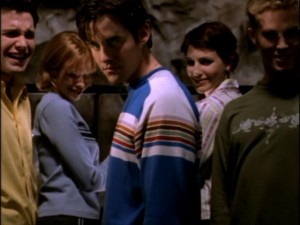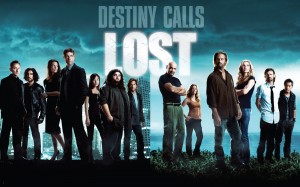The Most Important Tool
In the past year, I have been a rider of dragons, a war-weary veteran, a brilliant but slightly psychotic rogue, and a genetically-enhanced post-human killing machine. Before you back away slowly, keeping eye contact and trying not to make any sudden movements, I’ll let you in on a secret – you’ve probably been some of those too. At the very least, I guarantee that you’ll not have been yourself at some point in this past year.
What I’m talking about is a writer’s most important tool; not a word processor, as some of you might answer that question. Not a notepad constantly on their person, nor passion, or even an editor (sorry editors), though they are all admittedly important in their own rights. The tool I’m talking about is super compact, totally mobile and (hardly ever) runs out of power. I am, of course, talking about the potential of the human mind, or more specifically, imagination, one of the most underrated gifts we are all given.

Now, some of you will claim not to have an imagination, or that someone you know doesn’t own one. I put to you that that claim is false. What happens when you think of what to have for dinner tonight? When you plan an outing to the zoo with your friends or family? While you’re reading a good book? Imagination happens. Whether you actively realise it or not, all the time you are imagining things, and it is this gift that a writer makes use of the most.
As a writer, we imagine what would happen to X if they chose not to Y, as everyone else would expect them to. We wonder how the world would be different if historical events hadn’t occurred. Not only this, but we rely utterly on imagination even after the story has been written – when a reader picks it up, we count on their imagination to conjure up the action that we have penned, and they trust us to lead their thoughts into the realm of fiction.
So join me, now, in petitioning the government to make this day World Imagination Appreciation Day! …or just take a moment every now and then to acknowledge the gift that we are all given, either’s good.



